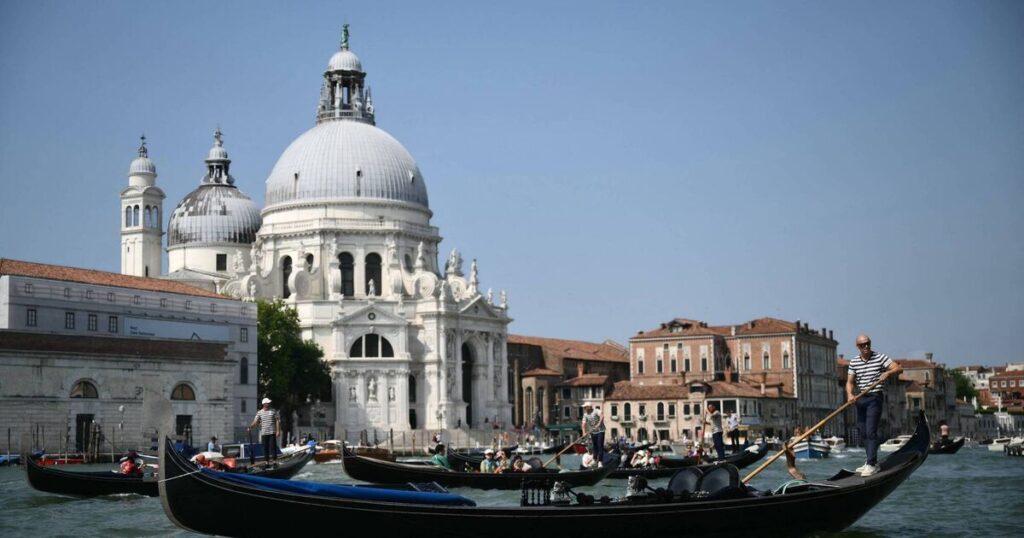Europe is bracing for its first major heatwave of the summer, with temperatures predicted to soar as high as 42C (107.6F) in some areas. Authorities are on high alert as the continent, warming faster than any other, grapples with the escalating effects of the climate crisis.
Spain’s meteorological agency, Aemet, issued a special warning on Friday, forecasting potentially dangerous heat across southern regions over the coming days, with highs reaching 42C.
“Very high and persistent temperatures are expected, both during the day and at night, which could pose a risk to exposed and/or vulnerable people,” Aemet cautioned.
Madrid’s health ministry is urging residents to take precautions, emphasizing the importance of staying out of the sun, remaining hydrated, and paying particular attention to the well-being of elderly individuals, pregnant women, and people with chronic health conditions.
Across the border in Portugal, two-thirds of the country will be under high alert on Sunday due to the threat of extreme heat and heightened risk of forest fires. Lisbon is forecast to experience temperatures reaching 42C. In Marseille, France, where temperatures are nearing 40C, public swimming pools are being made available free of charge to help residents cope with the intense Mediterranean heat.
Italy is also feeling the heat, with Naples and Palermo expected to reach peaks of 39C (102.2F). Sicily, along with the Liguria region in northern Italy, has implemented a ban on outdoor work during the hottest hours of the day. Trade unions are advocating for the extension of this measure to other parts of the country.
Even in Venice — recently the site of the extravagant, multi-day wedding of Jeff Bezos and Lauren Sánchez — guests, visitors, and protestors alike are feeling the effects of the intense heat.
“I try not to think about it, but I drink a lot of water and never stay still, because that’s when you get sunstroke,” Sriane Mina, an Italian student, told .
In Greece, where temperatures are approaching 40C, a significant wildfire erupted south of Athens on Thursday. This prompted evacuation orders and the closure of sections of the coastal road connecting the capital to Sounion, home to the ancient Temple of Poseidon, a popular tourist site.
This heatwave follows a series of record-breaking extreme heat events, including Europe’s hottest March on record, according to the EU’s Copernicus climate monitor. Scientists warn that extreme weather events, such as hurricanes, droughts, floods, and heatwaves, are becoming more frequent and severe as a result of the planet’s warming.
Last year holds the record as the hottest year to date, resulting in global disasters that caused over $300 billion in damages.
A Lancet Public Health study published last year projected that heat-related deaths in Europe could triple by the end of the century, with southern countries such as Italy, Greece, and Spain experiencing disproportionately higher increases.
The study suggests that if temperatures rise to 3C above pre-industrial levels, heat-related deaths could reach 129,000 people annually. Currently, heat-related deaths in Europe number around 44,000.
Even if global leaders meet their target of limiting global warming to 1.5C, the study estimated that the combined annual death toll from both cold and heat in Europe could rise from the current figure of 407,000 to 450,000 by 2100.


